Why and How to Store Salt on Long Term
2020-10-02(82387)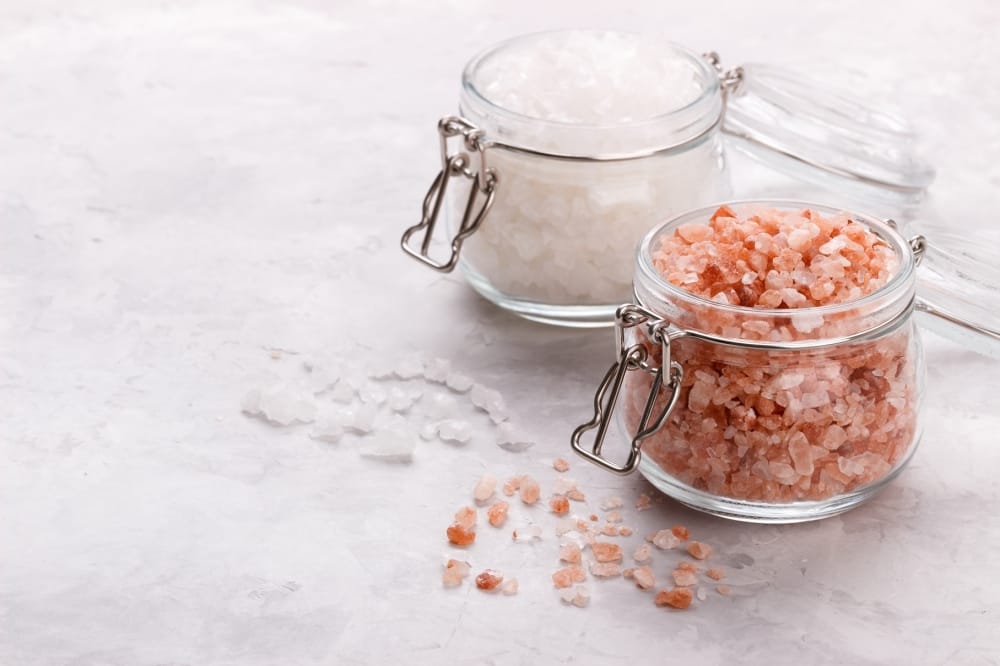
Salt is essential for life. It is one of the oldest material for seasoning and preservation of food. Humans has been using Salt since 2700 BC’s. Being the key ingredient in our daily diet, salt makes up for the need for sodium and chloride ions in our body.
This essential compound helps humans maintain their health through necessary consumption. Sodium in salt is essential for the muscles,nerves and their proper functions. Also, It plays a critical role in the control of blood regulation.
Chloride in salt, on the other hand, is an essential element for the proper regulation of blood and pH, and a crucial component for the production of digestive acids as well.
Preservation and seasoning, are they the only use of salt? No. Salt can be used for various purposes such as salt licking blocks for animals, salt for de-icing on the roads, industrial salt, and pool salt. If you are using significant amount of this multiple-purpose compound, you need to know how to store it. Let’s see how to store salt on long term.
In this article, Koyuncu Salt as a natural salt producer will explain how you can keep your salt in your kitchen.
How Long Salt Can Last in Long Term?
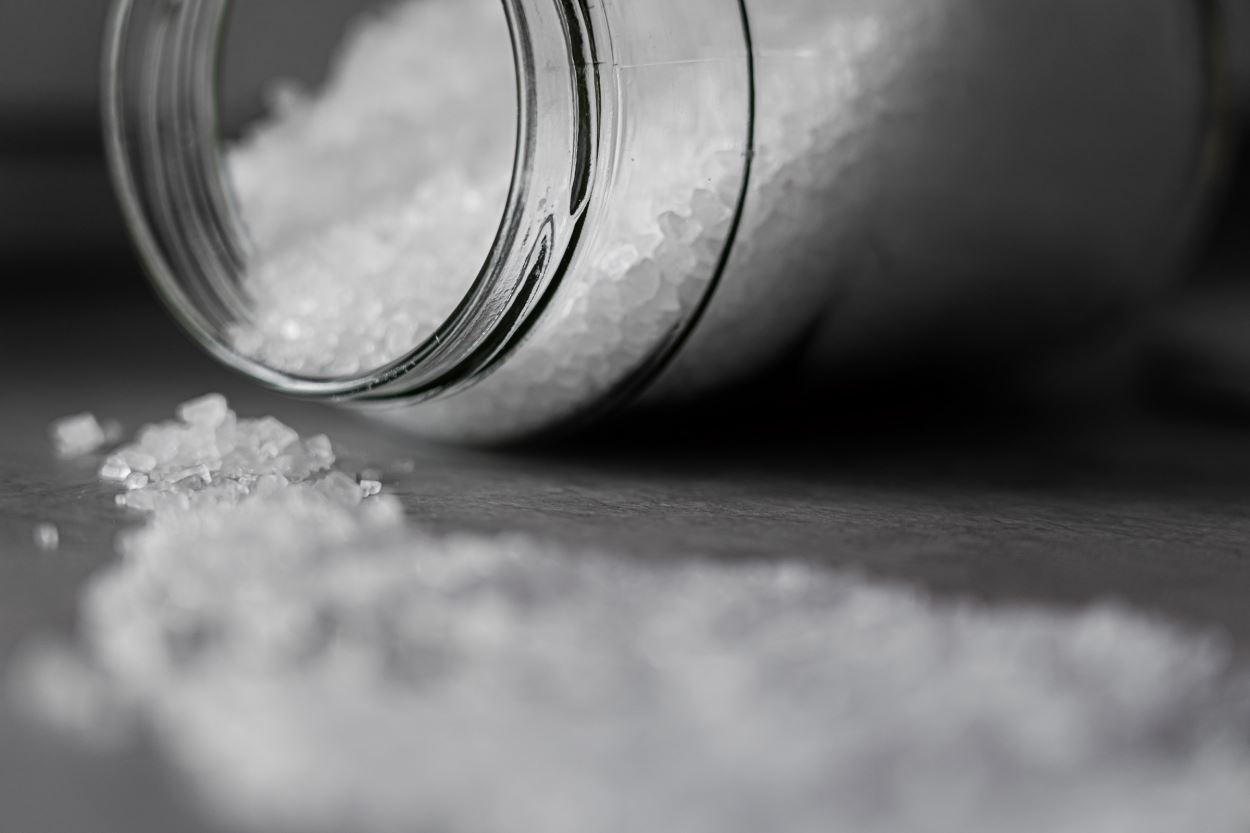
Pure salt (pure sodium and chloride) never goes bad. As it does not contain any additives, it will preserve its flavor and potency in time. Salt is a natural preservative. If stored correctly (in dry and cool conditions), it can have an infinite shelf life.
How long will salt last? Some different types of salt, like sea salt and pink salt can last forever if stored in the right way as they are pure forms of salt. However, others like table salt have a rather short shelf life due to additive compounds.
Does Salt Has an Expiry Date?
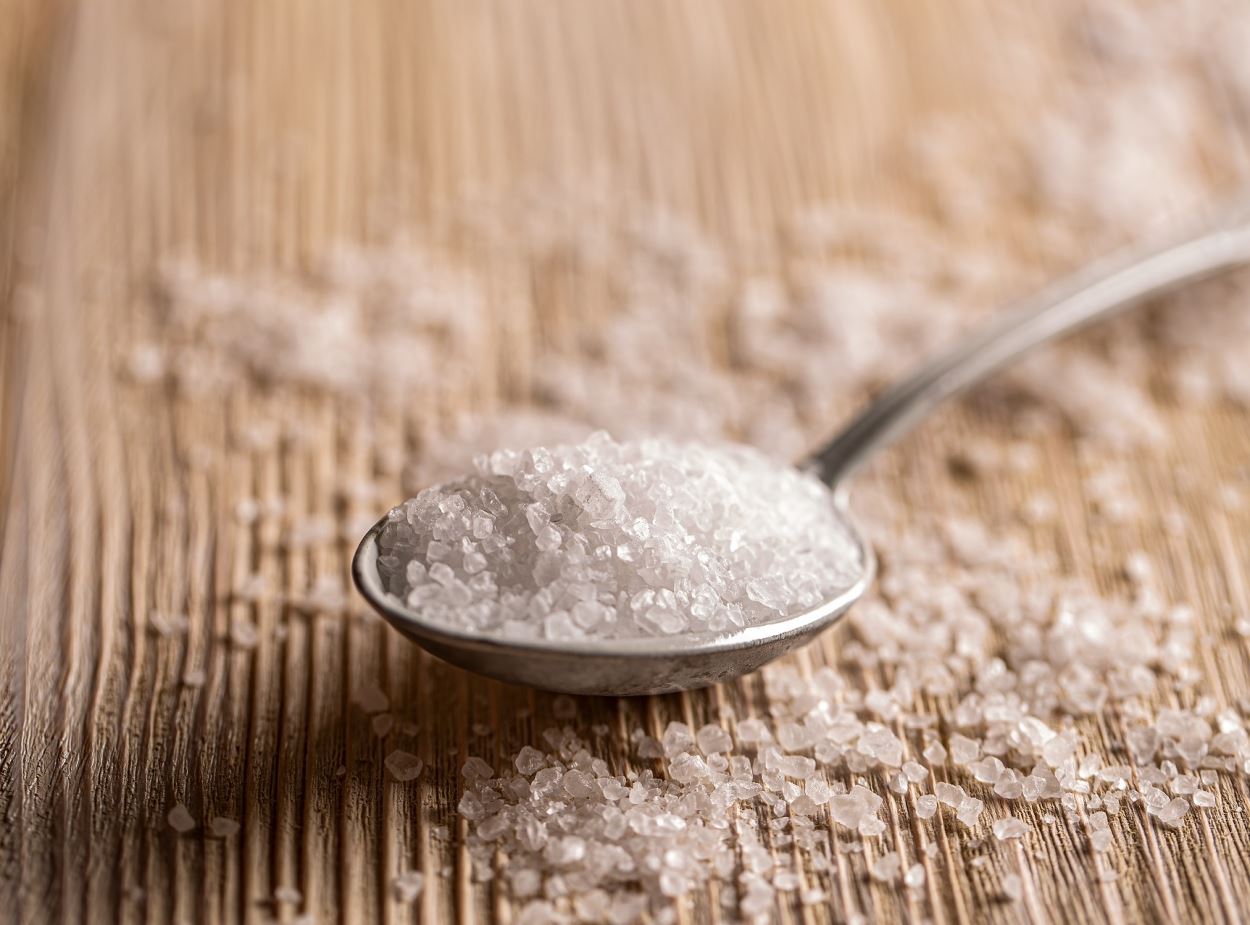
As salt is hygroscopic, it attracts water from the environment and absorbs it. So, storing in a damp environment like a kitchen causes salt to become clumpy. The steam comes of from cooking and the odor affects the texture and taste of salt. That is why salt should be stored in an airtight container for longer shelf life.
So, does salt has an expiry date? When the salt storage is not airtight, it still absorbs the moisture from the environment, even though the cardboard box is not opened.
The Wrong Way to Store Salt
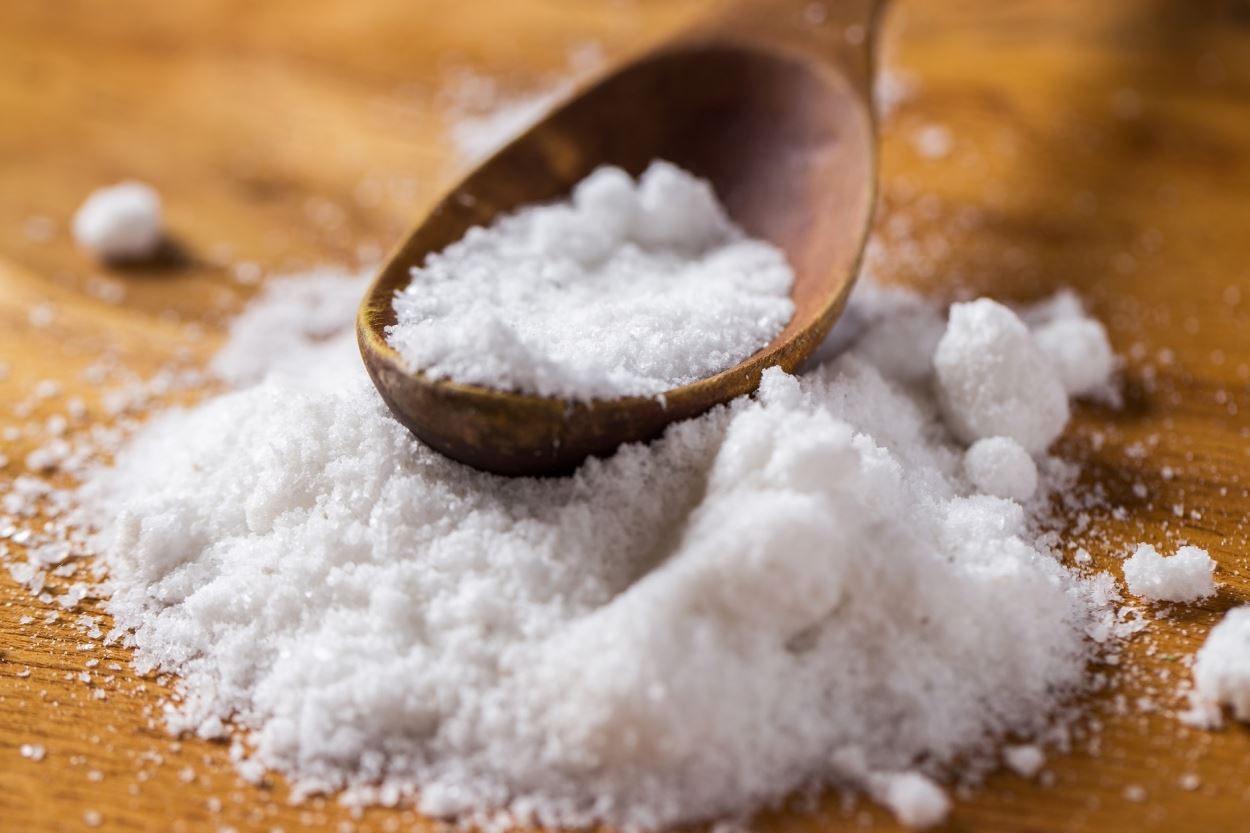
Before getting into how to store salt in long term, we should discuss the wrong ways to store salt first. As we mentioned, salt can absorb and store water from its surroundings. Therefore, some salt storage methods should be avoided to prevent salt from getting clumpy and damp.
1. Cardboard containers: Cardboard containers can let the air, moisture, and odor inside and affect the salt.
2. Plastic containers: You may think plastic containers can hold the water and moisture out but in fact, the chemicals in the plastic can also leak into salt.
3. Metal containers: Metal is not a safe option to store salt in either. The moisture absorbability and the corrosive properties of salt may cause the metal container to rust and contaminate the salt.
4. Damp surroundings: Any dampness or moisture can easily be absorbed by the salt. So, salt storage should be dry and cool.
Why You Should Store Salt
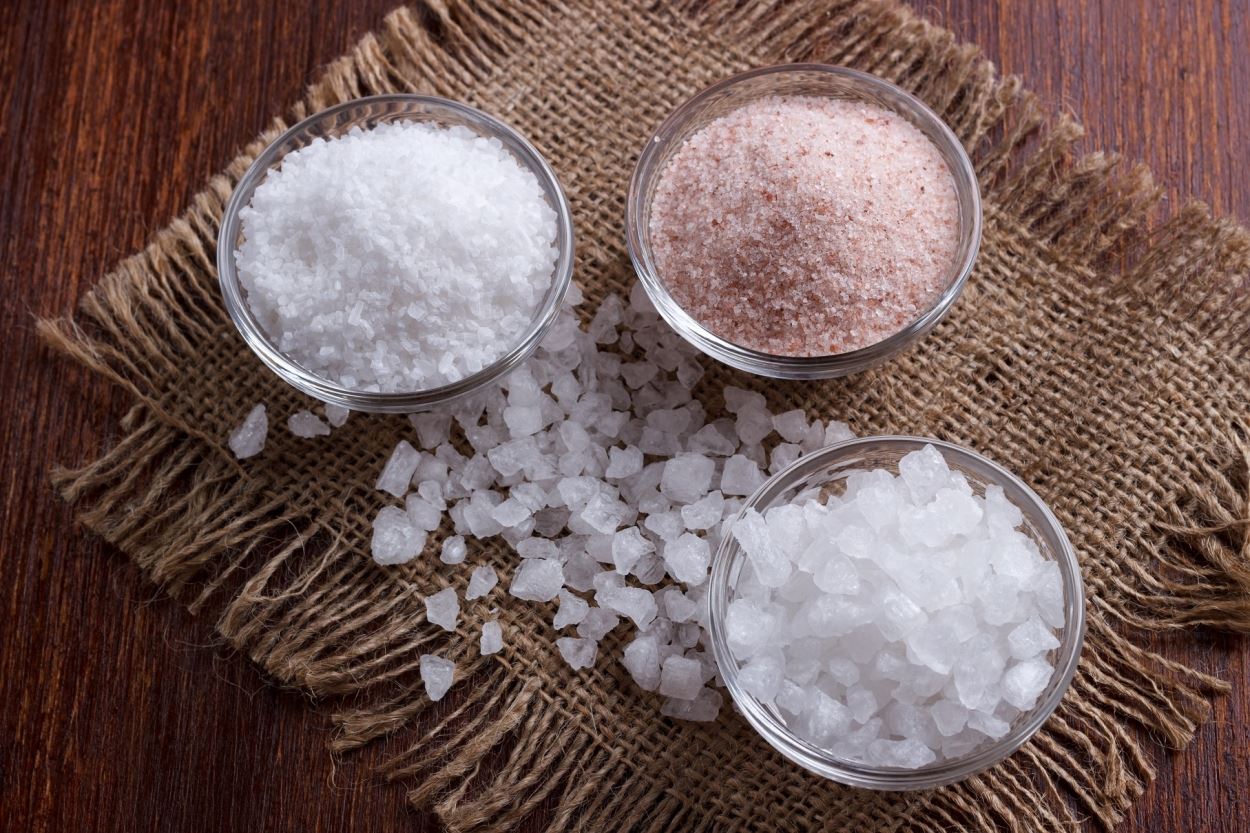
Salt is necessary for a healthy diet. It is one of the basic ingredients for survival and to maintain health. Here are some reasons why you should store salt listed below.
Essential for Health
Humans need salt to survive. Sodium in salt helps the body to maintain the fluid balance, keep the muscles properly functioning, and transmit nerve impulses. Sodium deficiency can lead to several health problems such as dizziness, headaches, weakness, seizures, and fatigue.
Its Use in Food Preservation
Salt has been used for food preservation for hundreds of years. The reason for this is that salt absorbs the moisture of the food and dries it out which prevents any bacterial growth. It has been commonly used for the preservation of meat. As salt draws the moisture of the meat, so bacteria, and microbes cannot survive.
Flavor and Seasoning Purposes
Saltiness is one of the basic tastes for humans along with sweetness, sourness, bitterness, and savoriness. That is why salt has been used for flavor enhancement for foods.
How to Store Salt in Long Term
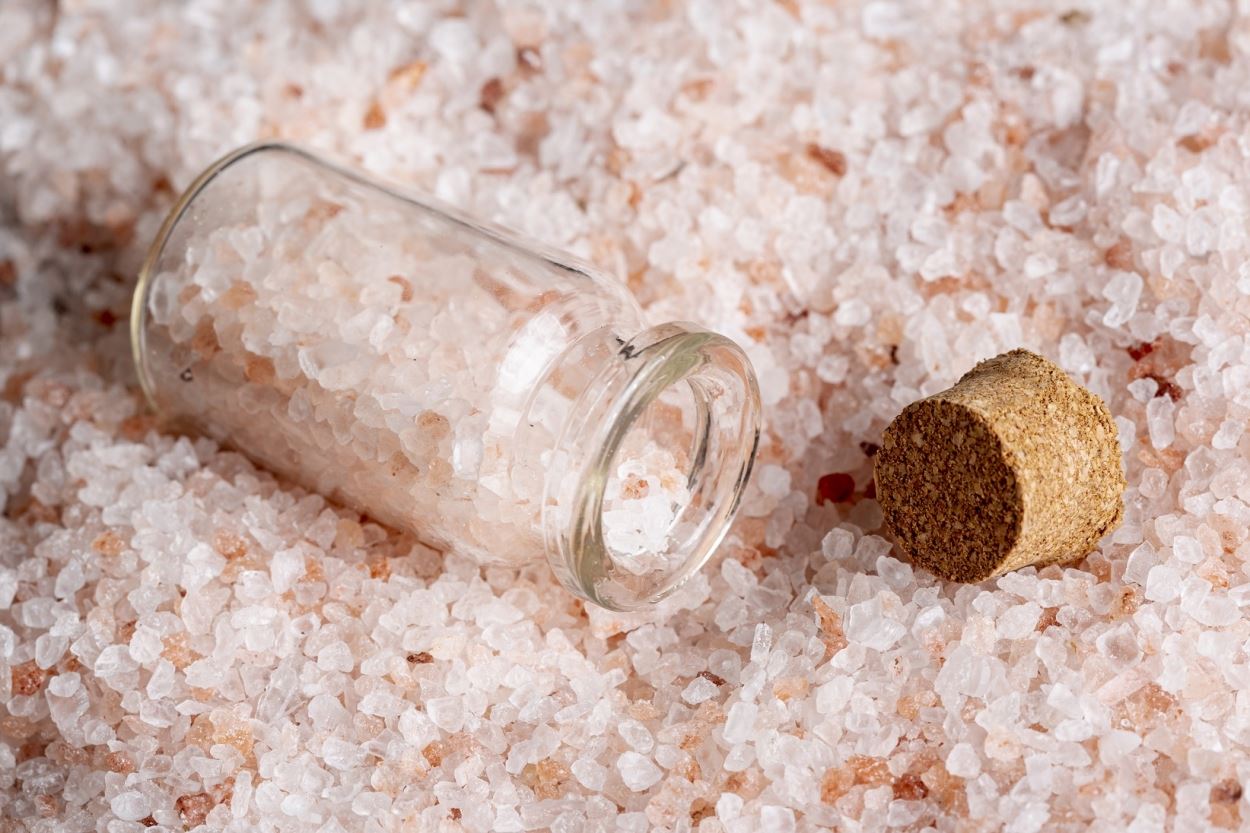
If you are convinced to store salt, you will need to learn how to store salt in long term. The best way to store salt is to keep it away from moisture. So, the salt storage container should not permit water or damp in. The container should be able to stay sealed for a long time without contaminating the salt or allowing moisture in.
Ceramic or clay container: You can safely store salt in ceramic or clay containers if sealed with a plastic lid.
Glass container: Glass containers are another good option as long as you seal them with a plastic lid.
The container inside a container: You can also store salt in its original packaging but inside another container. You can use a plastic lid to seal the container and keep the moisture out.
The keyword about how to store salt long term is: COOL & DRY. We suggest, as a natural salt exporter, to store salt long term:
- Do not let the moisture in the environment affect salt. Store salt in dry and cool places and inside safe, damp-free containers.




